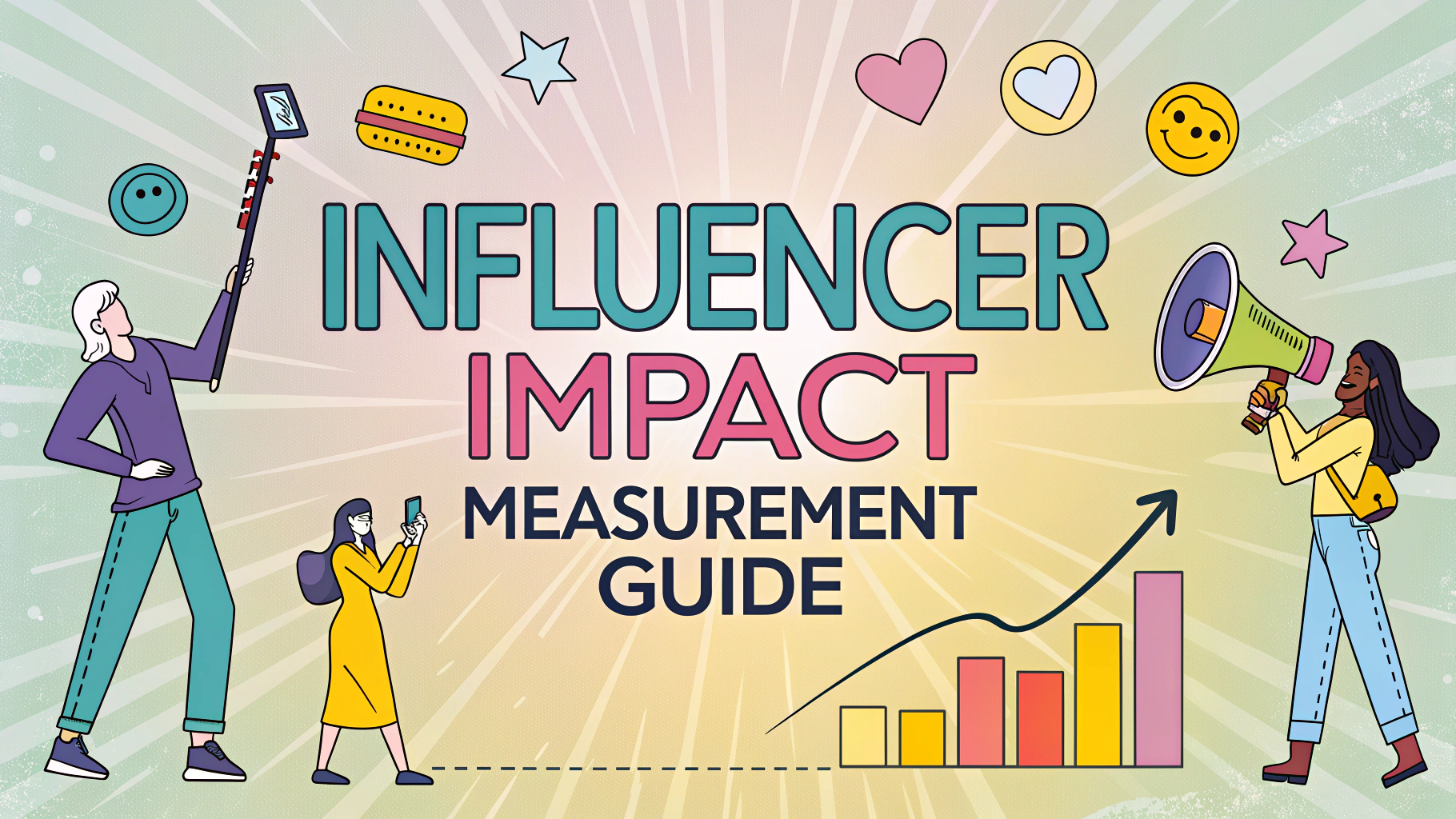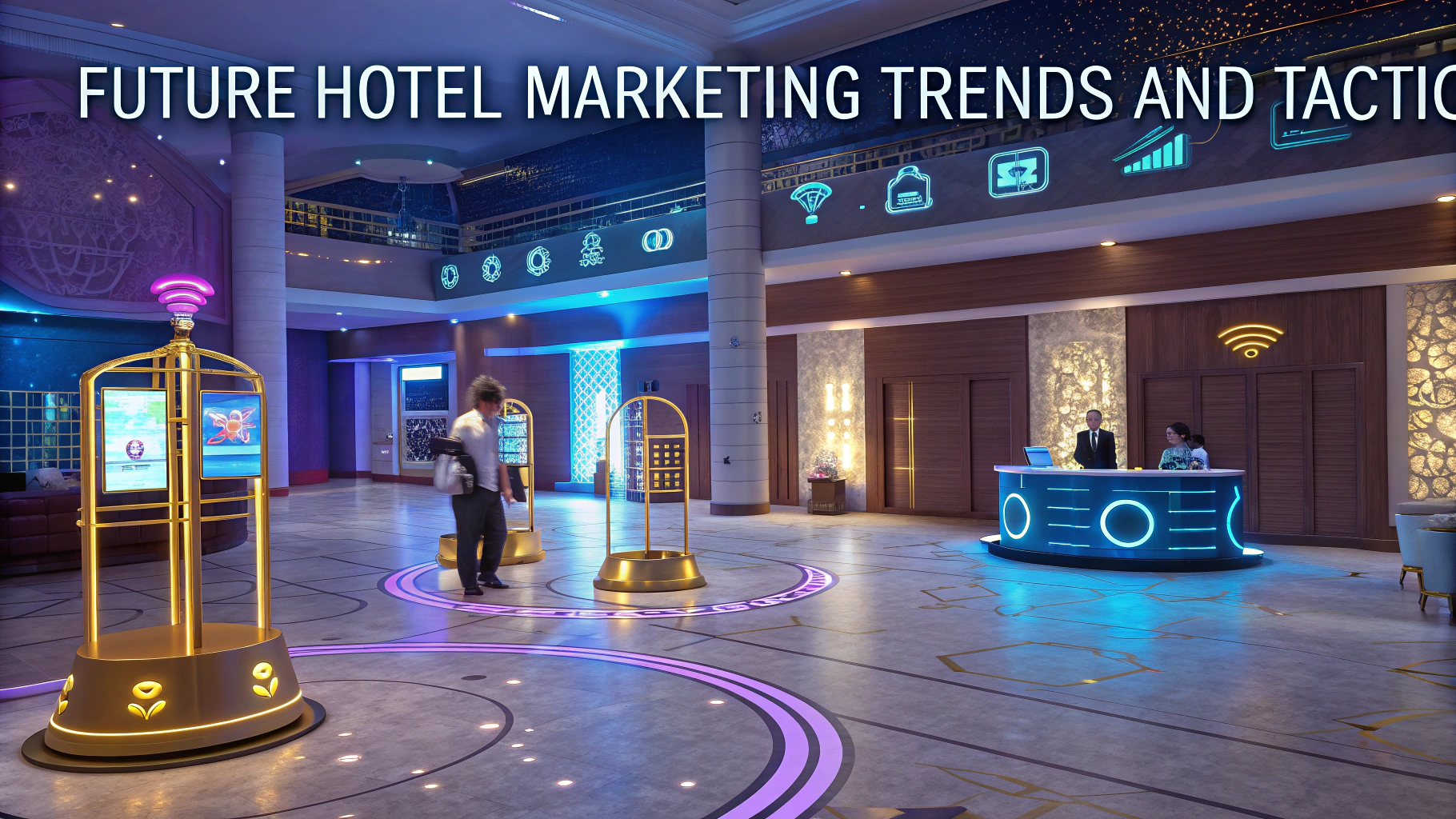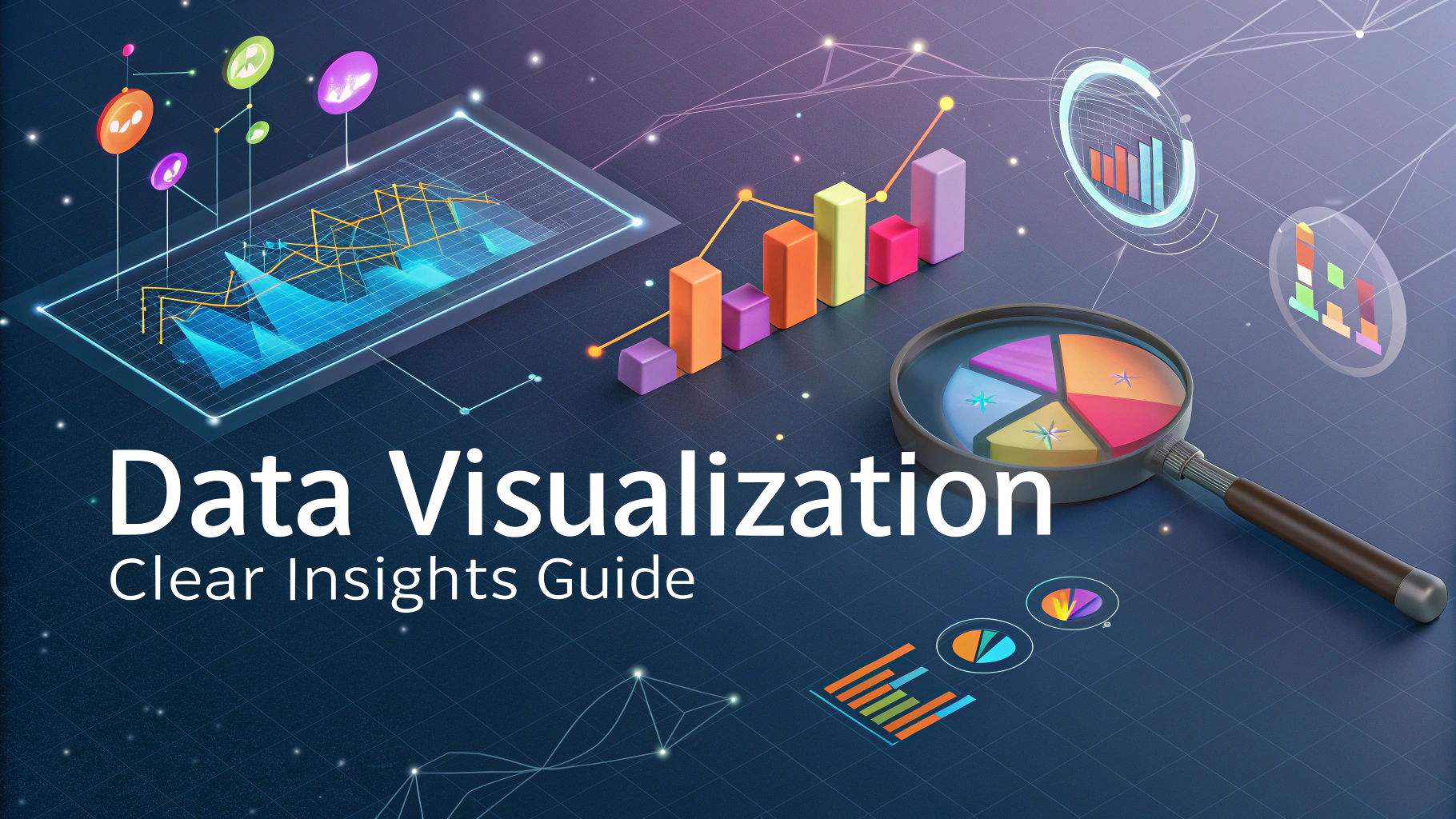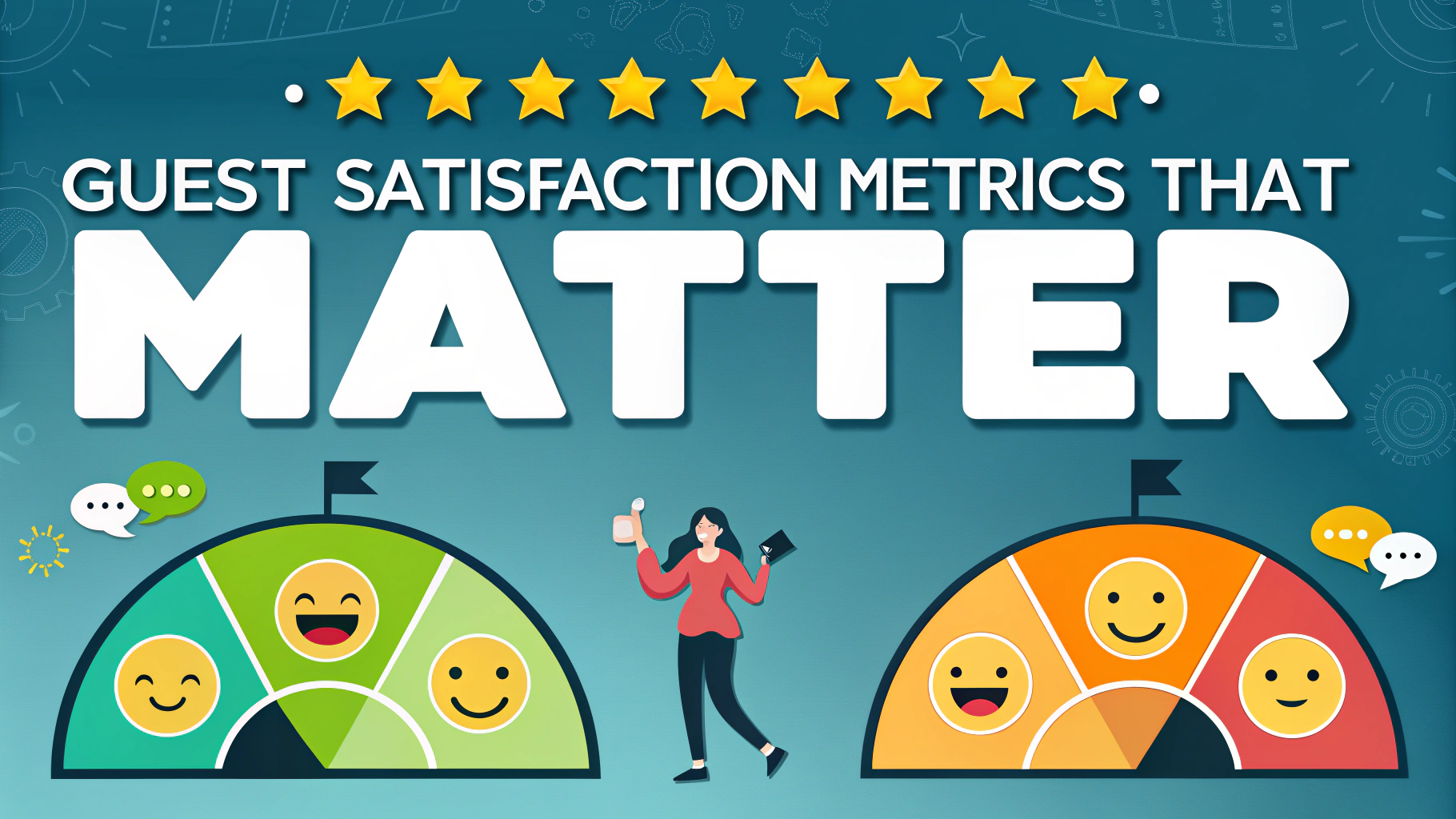Hotels must measure social media ROI accurately to justify their marketing investments and optimize their strategies for better results.
Understanding which metrics actually impact revenue helps separate vanity metrics from meaningful data that drives bookings and guest engagement.
This quick guide breaks down the essential social media metrics hotels should track, along with practical ways to measure and improve ROI.
Key Social Media Metrics for Hotels
- Conversion Rate: Percentage of social media followers who book rooms or make reservations
- Cost Per Booking: Total social media spend divided by number of bookings generated
- Revenue Per Click: Average revenue generated from each social media click-through
- Engagement Rate: Likes, comments, and shares relative to follower count
- Response Time: Average time taken to reply to guest messages and comments
Setting Up Tracking Systems
Use UTM parameters in social media links to track traffic sources in Google Analytics.
Set up conversion tracking pixels from Facebook and Instagram to monitor booking behaviors.
Implement phone tracking numbers specific to social campaigns to measure offline conversions.
Calculating ROI
ROI = (Revenue from Social Media – Cost of Social Media) / Cost of Social Media x 100
Platform-Specific Metrics
- Page reach and impressions
- Click-through rate on promotional posts
- Direct message conversion rate
- Facebook Reviews impact on bookings
- Story completion rate
- Hashtag performance
- Shopping tag engagement
- Influencer partnership results
Tools for Measurement
- Hootsuite: Social media management and analytics
- Sprout Social: Comprehensive social ROI tracking
- Google Analytics: Website traffic and conversion tracking
- Native Platform Analytics: Platform-specific insights
Improving Social Media ROI
- Test different content types and posting times
- Analyze competitor strategies and benchmark performance
- Focus on platforms that generate the most bookings
- Invest in high-quality visual content
- Respond promptly to customer inquiries
Common ROI Mistakes to Avoid
- Focusing too much on follower count
- Ignoring negative comments and reviews
- Not tracking mobile vs desktop conversions
- Overlooking seasonal trends in data analysis
Taking Action with ROI Data
Use monthly reporting to adjust content strategy and budget allocation based on performance metrics.
Compare ROI across different platforms to optimize marketing spend.
Share ROI insights with staff to improve guest service and booking experience.
Next Steps for Success
Start by establishing baseline metrics for your current social media performance.
Choose 3-4 key metrics that align with your hotel’s business goals.
Review and adjust your strategy quarterly based on ROI data.
Advanced ROI Optimization Techniques
- A/B testing campaign messaging and visuals
- Segmenting audiences for targeted promotions
- Creating custom audiences based on past engagement
- Implementing automated booking reminders
Integrating Social ROI with Other Marketing Channels
Combine social media data with email marketing metrics to create comprehensive guest profiles.
Track cross-channel customer journeys to understand booking patterns.
Align social media campaigns with broader marketing initiatives.
Cross-Channel Metrics to Monitor
- Email sign-ups from social media
- Social media influence on direct bookings
- Impact on loyalty program participation
- Website behavior from social traffic
Future-Proofing Your Social ROI Strategy
Stay updated with platform algorithm changes and new features.
Invest in emerging social commerce capabilities.
Build scalable measurement systems that adapt to growth.
Maximizing Your Hotel’s Social Media Success
Regular ROI analysis enables data-driven decisions that improve booking rates and guest engagement.
Focus on metrics that directly impact revenue while maintaining authentic guest connections.
Continuously refine your strategy based on performance data to stay competitive in the digital marketplace.
FAQs
- How do you calculate social media ROI for hotels?
Social media ROI for hotels is calculated by ((Social media revenue – Social media costs) / Social media costs) x 100. Revenue can include direct bookings through social channels, while costs include ad spend, content creation, and staff time. - Which social media metrics matter most for hotels?
Key metrics include booking conversions, engagement rate, reach, click-through rates to booking pages, follower growth, and direct message response rates. Cost per acquisition (CPA) and revenue per booking from social channels are also crucial. - What’s a good engagement rate for hotel social media posts?
Industry benchmarks suggest 1-3% on Instagram, 0.5-1% on Facebook, and 0.045% on Twitter are considered good engagement rates for hotel content. Luxury hotels typically see higher engagement rates. - How do you track social media bookings accurately?
Use UTM parameters in social media links, implement tracking pixels, utilize booking engine referral data, and set up conversion tracking in social media platforms to accurately attribute bookings to social channels. - What’s the average social media marketing budget for hotels?
Hotels typically allocate 15-25% of their total marketing budget to social media, with larger properties investing $2,000-$10,000 monthly in social media marketing activities. - Which social media platforms generate the highest ROI for hotels?
Instagram and Facebook typically generate the highest ROI for hotels, with Instagram leading in engagement and Facebook driving more direct bookings due to its advanced advertising capabilities. - How long does it take to see ROI from hotel social media marketing?
Most hotels begin seeing measurable ROI within 3-6 months of consistent social media marketing efforts, though building a strong presence typically takes 12-18 months. - What’s the average cost per acquisition for hotel bookings through social media?
The average cost per acquisition through social media ranges from $20-$100, varying by hotel type, location, and season. Luxury hotels typically have higher CPAs but also higher average booking values. - How do you measure the impact of influencer collaborations on hotel ROI?
Track unique booking codes, custom landing pages, referral traffic, earned media value, reach, engagement rates, and direct bookings attributed to influencer content during and after campaigns. - What’s the typical conversion rate for social media traffic to hotel bookings?
The average conversion rate from social media to direct bookings ranges from 0.5-2%, with higher rates during peak seasons and promotional periods.







